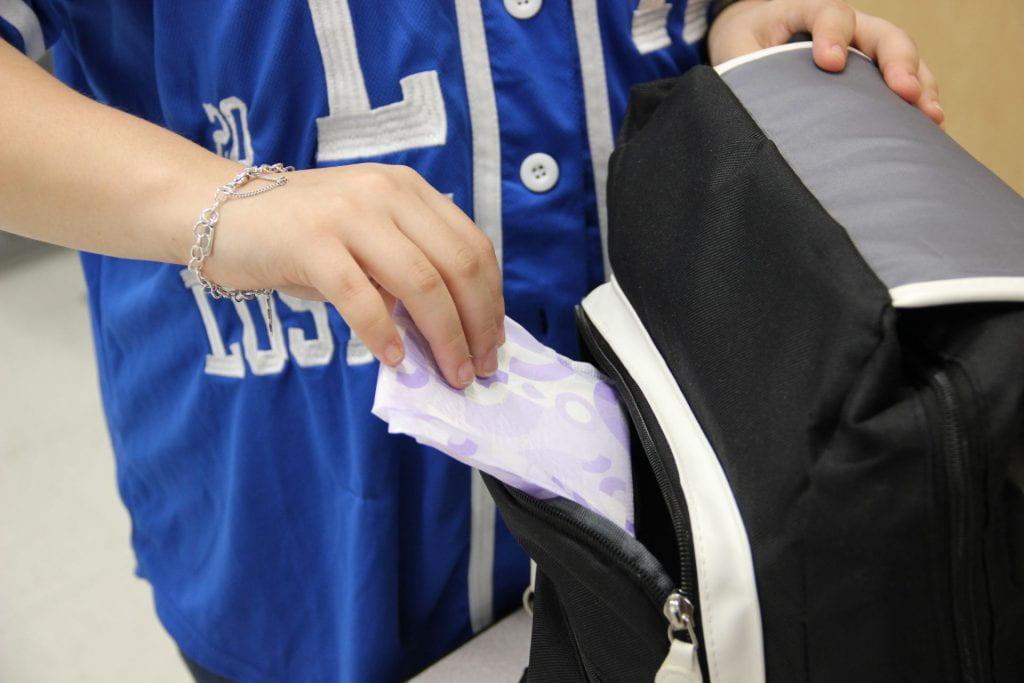Since its beginnings, the feminist movement has targeted the stigmatization of women’s biological processes. Yes. I’m talking about periods. Regardless of the undeniable social progress toward egalitarianism between sexes, some remnants of such stigmas remain. They can be seen everywhere, including our school. Interestingly, this is not because of our students’ thoughts or our faculty’s decisions; these are just situations that stood frozen in time.
Are you familiar with the term “Period Stigma”?
Even if you are not, you have experienced it.
Do you feel uncomfortable when a tampon ad pops up on TV? Are you embarrassed that your pads’ packaging is loud enough for others to hear? Are you not comfortable with saying the word menstruation out loud?
All of these are definite signs that you may have experienced period stigma.
I do not understand why a biological process affecting half of the population would be unmentionable. And I am not the only one who thinks that way. But more than the social aspect of it is the convenience and equal access that comes with such stigma— this affects women in quantifiable ways.
Are you familiar with the term “Period Poverty”?
The Harvard Public Health Magazine defines it as the inability to afford period supplies. But it is more than that: it is the inability to afford good quality period supplies that satisfy the individual woman’s needs. In 2021, the national organization State of the Period ruled that 1 in 4 students struggle to afford period products.
There has been some significant progress regarding the economic aspect of menstrual cycles. In recent years, sixteen states and the capital have required schools to provide these products. Unfortunately, Texas is not one of them. I know that our school offers such products upon request at the clinic, but how effective is that?
“It is really inconvenient to walk to the nurse’s office when you need something,” said senior Maddie Moore. “Especially since most of the time, you don’t even know you need one beforehand.”
Why, then, can’t period supplies be offered in the restrooms? Two reasons become apparent, mainly if you focus on the ongoing vandalism in the restrooms.
“Students would abuse the privilege,” said junior Aishat Kanatova.
Considering access to feminine hygiene products a privilege is entirely wrong; it shouldn’t. It should be a right considering it holds the same importance and normalcy as toilet paper. But when we face the reality of unequal access, the women who can take care of themselves properly are indeed privileged.
What can be done? Some of our students came up with different solutions on the spot, which gives us hope that future generations will put them in play.
“There should be boxes for them that take tokens rather than quarters,” said senior Josh Davis. “The teachers could distribute the tokens.”
Such an idea would ensure that only the needed amount of products is taken, keeping the products safe to avoid depletion.
National legislations and proposed solutions, such as eliminating the tax on menstrual products, or advocating for the passing of the Menstrual Equity For All Act of 2019, although essential to the implementation of products in schools, are not all we can do as individuals.
Whether or not solutions like these are implemented in our school falls in the hands of the students. Sure, the faculty and administration would have to actually implement the products and the logistics. But it is our lack of responsibility and maturity, and honestly, of empathy, that holds us back.
“The issue will resolve itself the day we learn to respect our spaces,” said Kanatova. “And, most importantly, to destigmatize the topic.”
Speaking about these issues without fearing the inevitable judgment is the first step toward menstrual equity.














